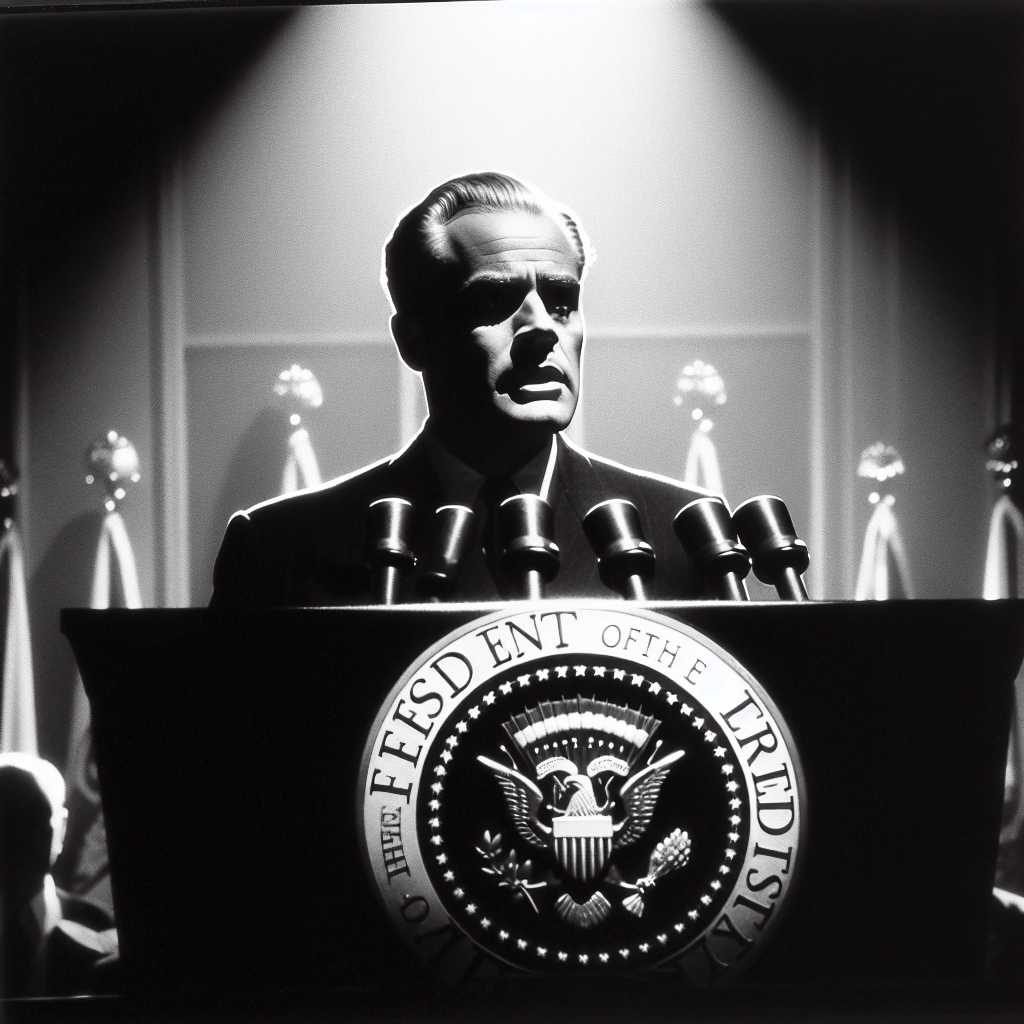The Political Journey of Benjamin Netanyahu: A Comprehensive Overview
Benjamin Netanyahu is a name that resonates powerfully on the Israeli political scene and beyond. As the longest-serving prime minister in the history of Israel, Netanyahu’s political journey has been marked by a series of significant achievements, controversies, and indelible marks on both Israeli domestic policy and international relations. This comprehensive overview traces Netanyahu’s rise to political prominence, his governing strategies, challenges faced, legal issues, and potential impacts on the future political landscape.
Early Life and Entry Into Politics
The story of Benjamin Netanyahu begins in Tel Aviv, where he was born in 1949. His early life was shaped by a strong Zionist orientation, with military service cementing his commitment to the state of Israel. After years of service and further education in the United States, Netanyahu entered politics with the Likud Party.
His articulate English and adept public speaking skills soon catapulted him to international attention. Throughout the 1980s and early 1990s, Netanyahu held various positions within the Israeli government, including Ambassador to the United Nations—a role that positioned him as a prominent face of Israel on the world stage.
Rise to Prime Minister and First Term
Netanyahu’s ascent to Prime Minister came in 1996 when he edged out Shimon Peres in a narrow election victory. As head of state, he embarked on a campaign to enhance security, pursued a policy of expansion for settlements in Palestinian territories, and played a complex game of diplomacy with neighboring states and far-beyond allies, particularly the United States.
Policies and Impact on Israel
During his multiple terms as prime minister, controversies often paralleled achievements. His government’s policies sometimes attracted significant opposition both domestically and internationally. Netanyahu’s administrations took a strong stance against Iran’s nuclear ambitions and were notable for efforts to stabilize the economy through free-market reforms.
Controversies and Legal Challenges
Allegations of corruption clouded several periods of his political life. Accusations ranged from bribery and fraud to breach of trust. The legal challenges have indeed influenced public perception and caused significant upheaval in Israeli politics. Despite these allegations, Netanyahu has remained an influential figure able to mobilize substantial political support.
Political Strategy and Relations with Allies
Netanyahu’s savvy political navigation is exemplified by his relationships with allies such as the United States. His rapport with American leadership has varied over time, sometimes aligning closely with presidents like Donald Trump while encountering more robust debate with others like Barack Obama.
Challenges and Criticism
Throughout his tenure, Netanyahu has faced growing criticism both at home and abroad over his approach to the Israeli-Palestinian conflict, human rights concerns, and an often-controversial foreign policy that appears largely out of step with much of the international community on issues such as climate change or multilateral diplomacy.
Legacy and Future Prospects
As a veteran politician with decades-long service, Netanyahu’s legacy is vast and filled with complexity. His decades-long impact on Israel’s economy, defense policies, internal cohesion, as well Chinese-American cybersecurity framework is under broad scrutiny as scholars assess his exact influence on not only the Israeli state but also broader geopolitical trends.
Notes
_Image Description:_
A grayscale photograph of Benjamin Netanyahu mid-speech—the intensity from his facial expression evident as he addresses an audience from behind a podium embellished with national emblems of Israel; light directly highlights his facial features more than his surrounding environment._
